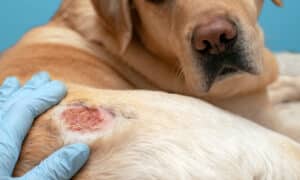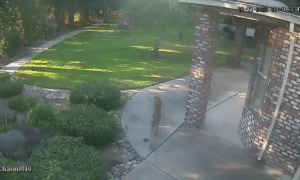“This post contains affiliate links, and I will be compensated if you make a purchase after clicking on my links.”
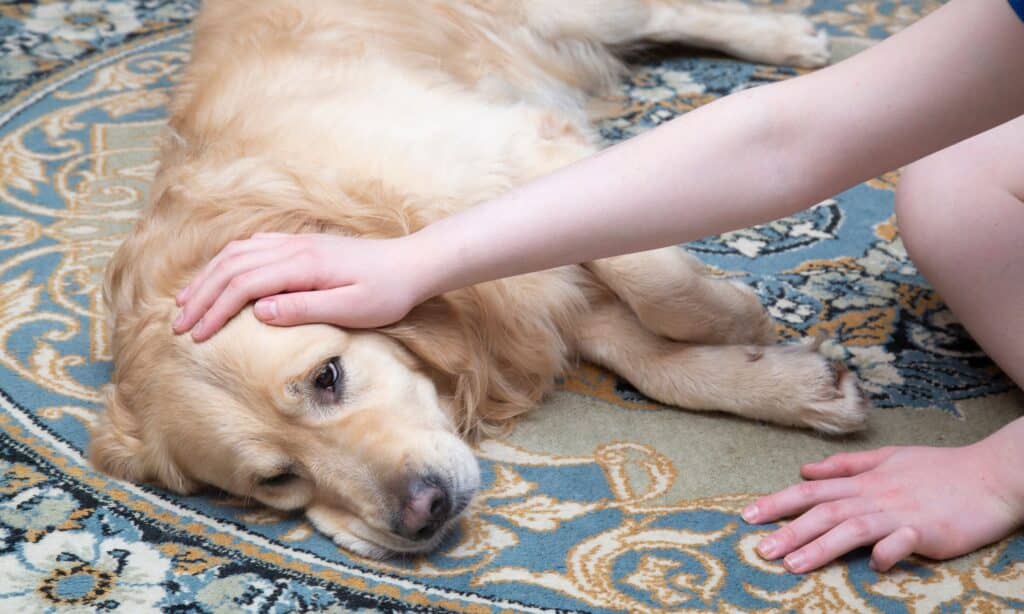
The most common cause of death for dogs ten years of age or older is canine cancer. But if caught in the early stages, 50% of all canine cancers are curable. Unchecked cell growth in the body is what leads to cancer. Any tissue in the body can give rise to these cells. If it is not detected and caught early, cancer can develop, connect with the lymph or circulatory systems, spread, and infect other body tissues.
Today’s veterinarians and support personnel are skilled at treating cancer. The majority of medications on the market for treating canine cancer are similar to those used to treat cancer in humans. In the past decade, a large number of pharmaceutical companies have begun to create treatments that are accurate and effective for animals.
Since our canine friends are essential members of our family, when they suffer serious illnesses, we become worried and nervous. We feel helpless and unsure of what to do in such situations. But to deal with this scenario, we must educate ourselves. Here are a few things to know about dog cancer.
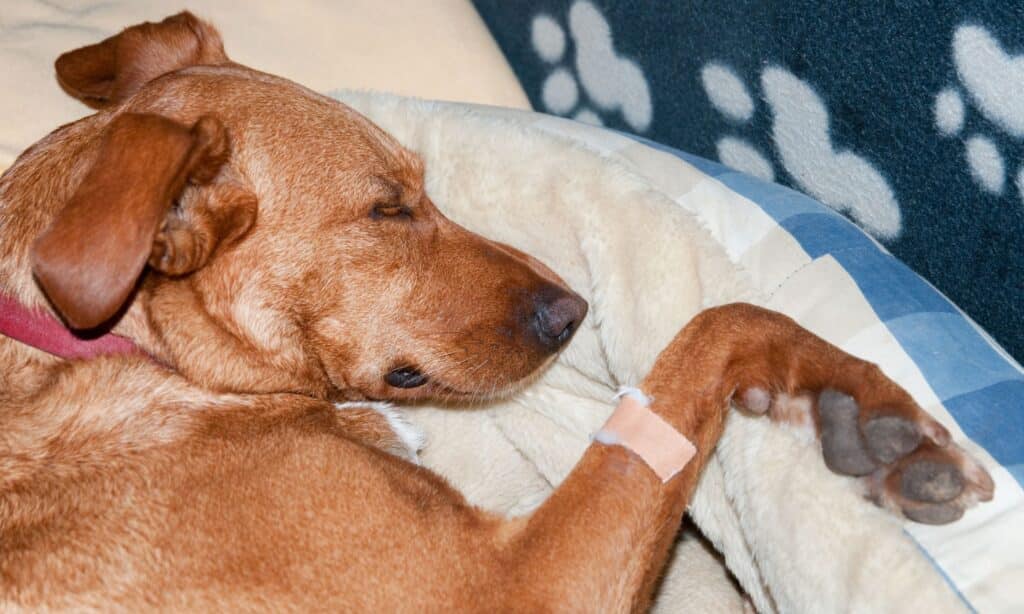
Types Of Cancer
Dogs are vulnerable to a variety of cancers just like humans are. It can spread across the body, while others just affect the opposite part of the body from where they first appeared. The most commonly occurring ones in dogs include mast cell tumors, melanoma, lymphoma, mast cell tumors, hemangiosarcoma, osteosarcoma (bone cancer), and soft-tissue sarcomas. There is no single tracking method or system for canine cancer, unlike human cancer. A dog’s environment, age, and time since spaying or neutering can all have an impact on whether or not they develop cancer.
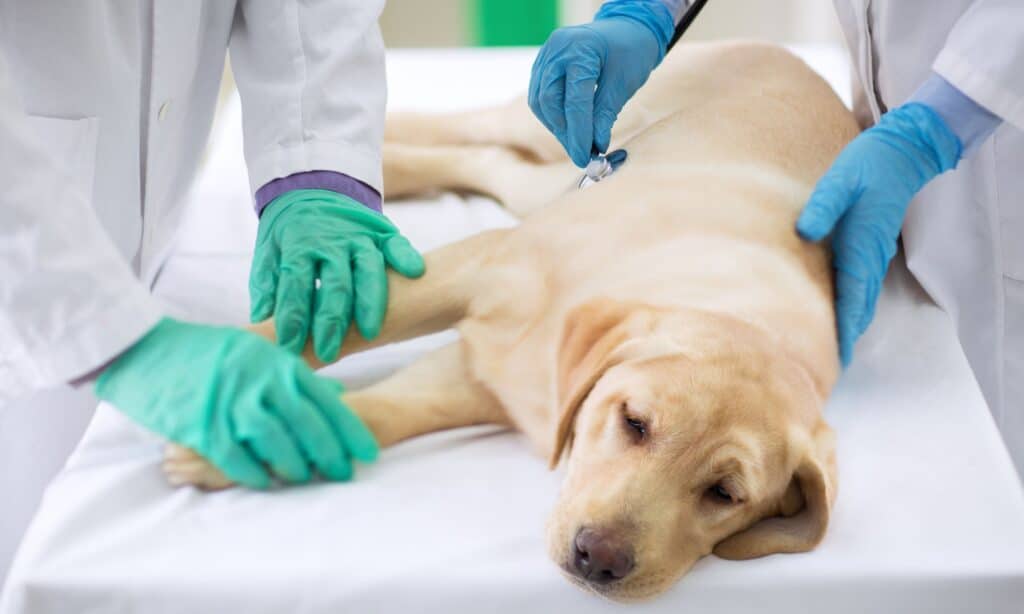
Treatment Options
Dogs with cancer can receive a variety of treatments. These procedures include surgery, radiation therapy, chemotherapy, and immunotherapy. From case to case, it varies. Some only need one treatment, while some need a mix of two or more therapies to be effective. You might have to admit the dog to a clinic for treatment. This is being done in order to improve therapy accuracy and provide a better outcome for your pet. The dog may be given a tablet, an injection, or an IV depending on the kind of chemotherapy. Numerous of these sessions are comparable to typical veterinary interactions. Radiation therapy, on the other hand, needs anesthesia to guarantee the precision and placement of the treatment.
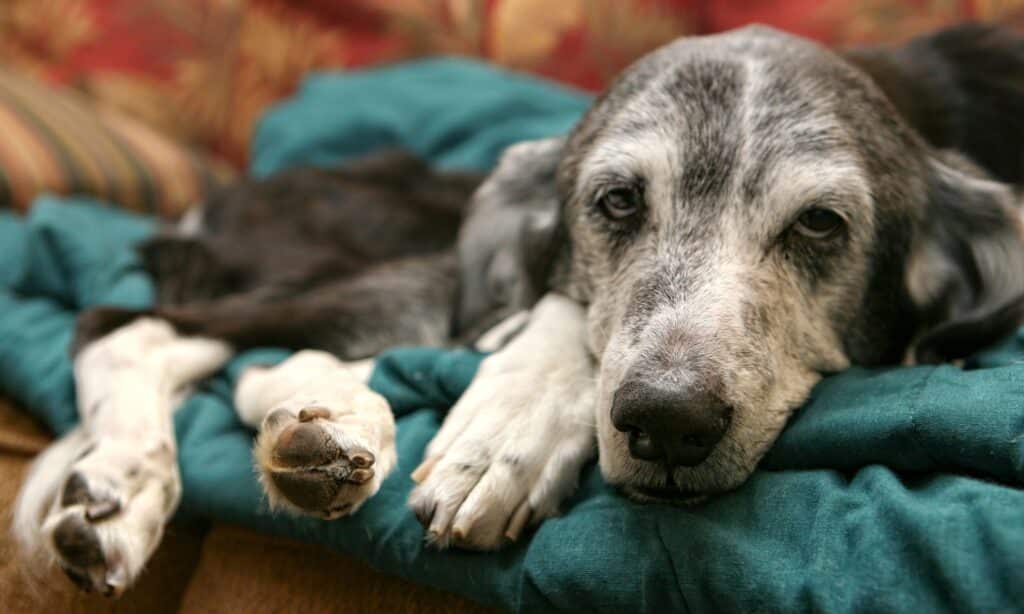
Side Effects
Compared to humans, animals can take treatments like chemotherapy better. The majority of dogs don’t have many adverse effects, although some can vomit or have diarrhea. Dogs don’t typically lose their hair as people do, but they can get low blood cell counts or an immune system that is compromised, making them more prone to other illnesses.
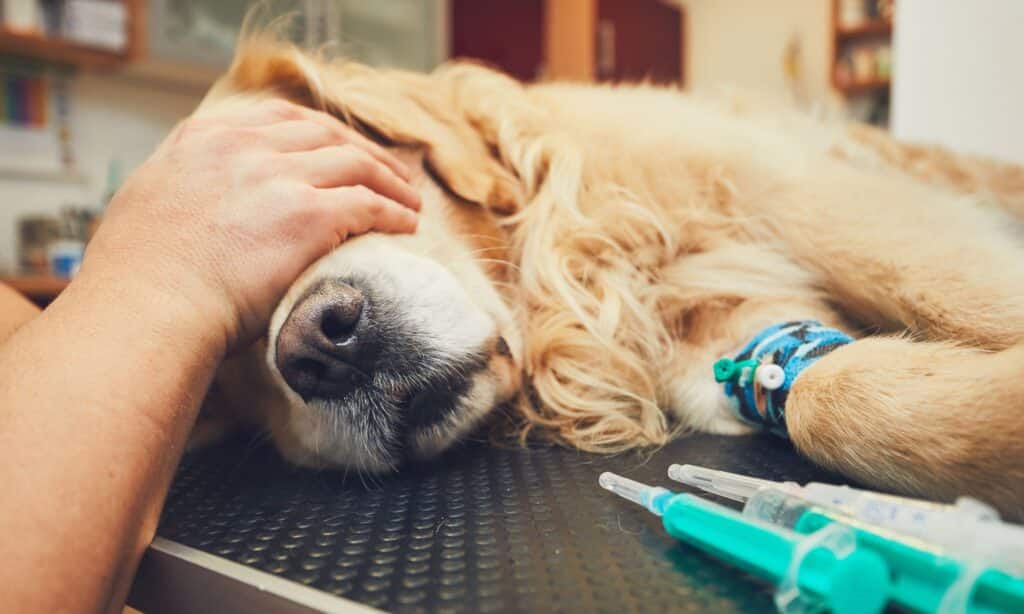
Be Financially Ready
The cost is yet another factor. While some pet owners are willing to go to any lengths to save their pets, the reality is that not everyone can afford to pay out of pocket for therapy that costs thousands of dollars. For instance, chemotherapy can cost anywhere between $3,000 and more than $10,000. Despite the fact that this is an emotional time, you should consider the issue from all perspectives.
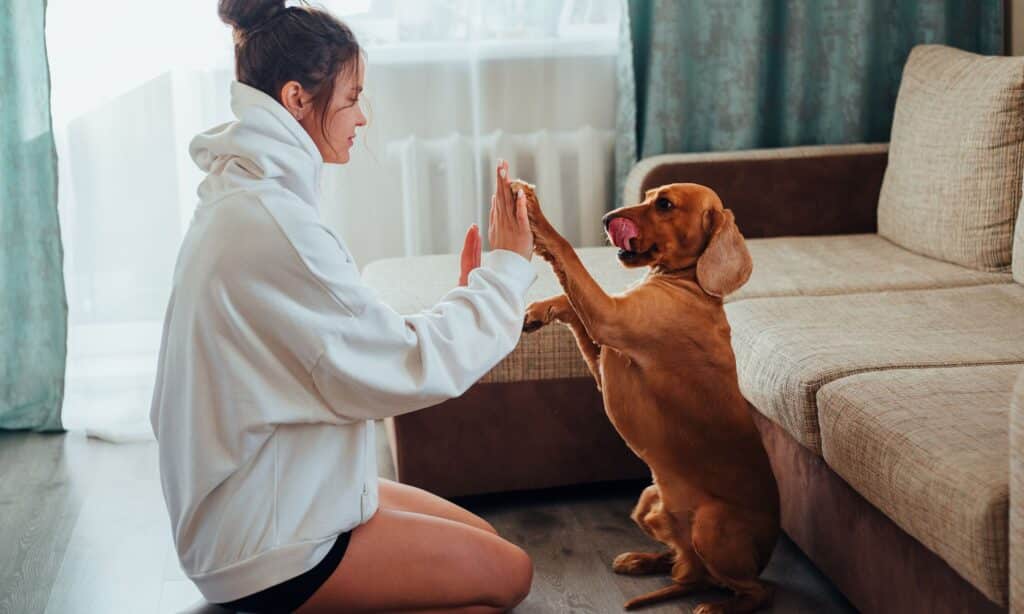
Keep Your Hopes Up
Being diagnosed with cancer does not always prove disastrous. Your effort, care, and modern medicine can keep your dog healthy. Maintain your pet’s comfort and increase their happiness. To help keep your pet feeling like everything is still the same as before, continue the daily things that you do with them. Your dog will suffer if it doesn’t get to go for walks and runs every day. It helps them deal with the treatments and medicine they need to take.
Not every cancer can be cured, and not every cancer treatment works perfectly. But you can help ease your dog’s pain by giving them the support and love they need during this hard time.














